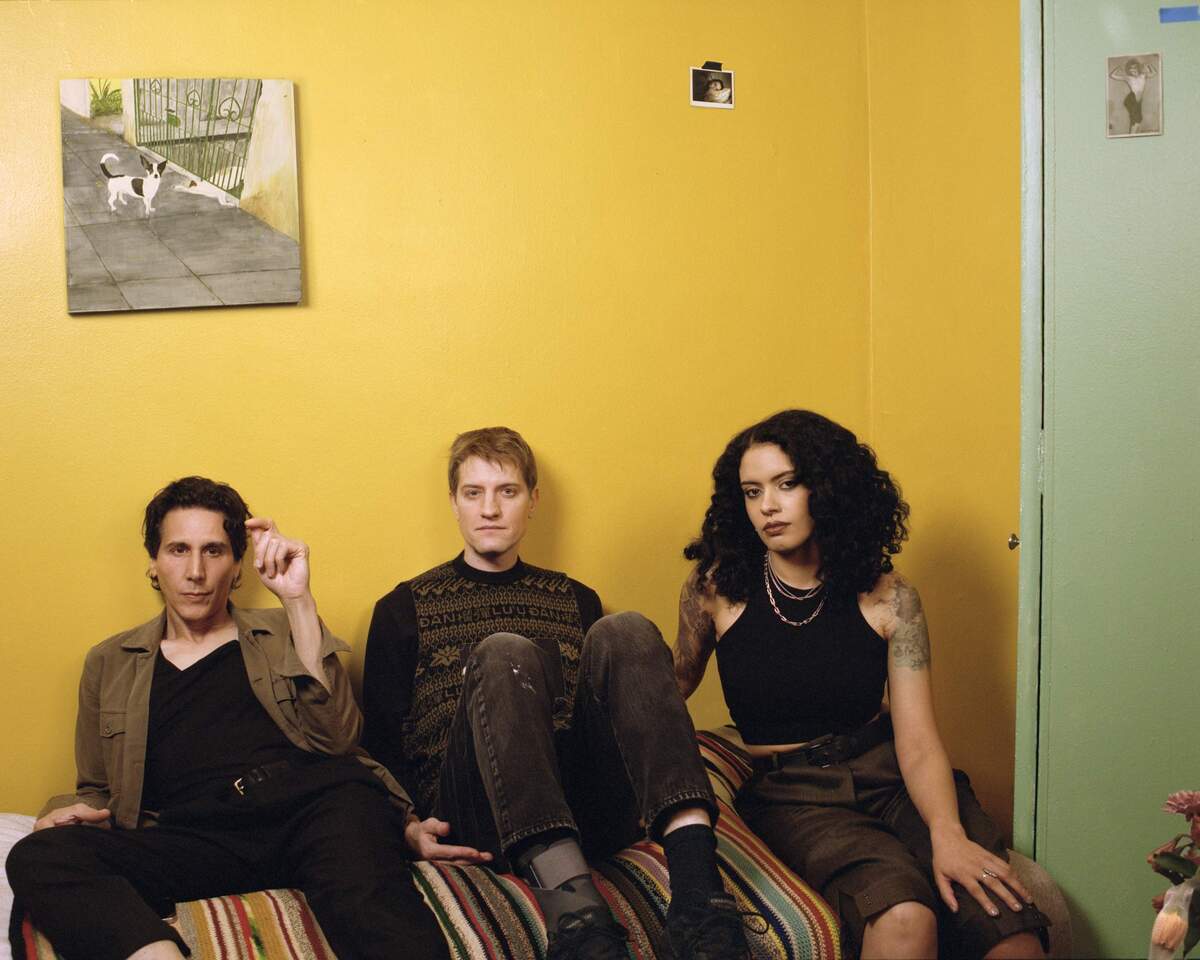Pluto interview with Paul Gardner & Alan Warner
Pluto released a lone, but highly recommended album containing a perfect blend of hard/progressive rock. The key members were Paul Gardner and Alan Warner, two highly experienced campaigners from widely disparate musical backgrounds.
Who were your major influences?
Paul Gardner: My first musical memories are of 50’s skiffle but the man who made me want to play guitar was Duane Eddy. Got my first (acoustic) at 15. I did not get an electric until my first band and that was a Hofnewr Verithin.
Alan Warner: Well, they say that music is a powerful thing with so many different elements to it, and it certainly grabbed me from the start. I would just do anything to create some kind of musical noise, from wrapping elastic bands around my Dad’s old tobacco tin and picking them to create a sound, to strumming the strings on an old Tennis racquet.
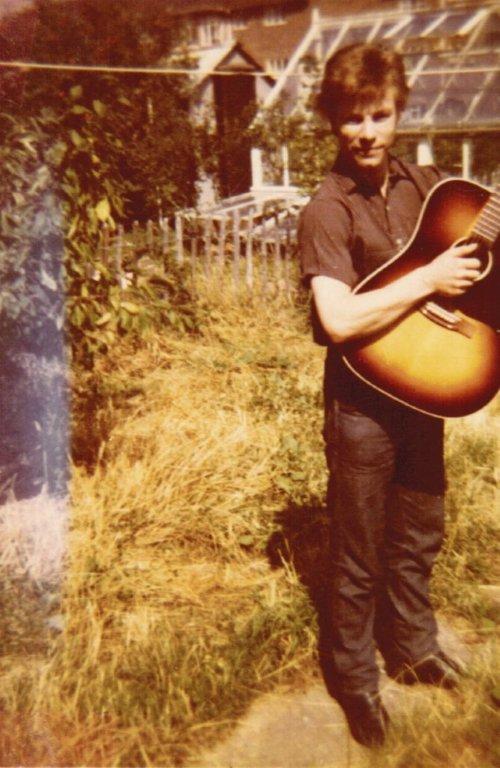
I originally wanted to play the Trumpet but when I realised you can’t play more than one note at a time, I felt it was a bit limiting.
Like many other kids at that time, I heard Lonnie Donegan and his skiffle group playing ‘Rock Island Line’, amongst others. I loved the sound of the guitar, especially as it was a versatile instrument both for accompanying and soloing. However, despite my nagging, my Mum, took me to a store where she bought me a toy accordion instead. I had more or less mastered that, when the thing fell apart. I tried fixing it several times, but in the end I had to give it up. I then moved on to the Harmonica. Finally I acquired a cheap Acoustic Guitar and learnt the basics of that before moving on to an Electric Guitar. I joined my first group soon after leaving School.
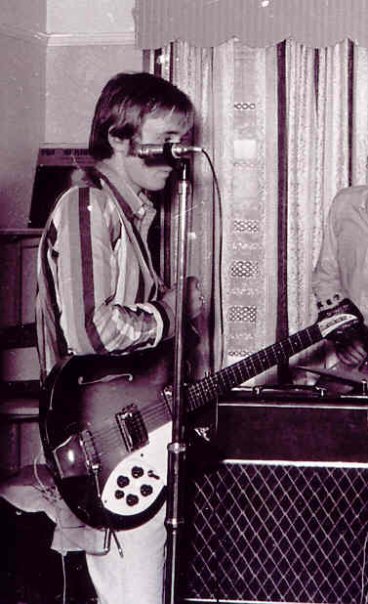
You were in The Foundations and recorded four albums.
Paul: My first band was in 1964 The Select. Mainly covers. R’n’B. I started writing about the same time. We entered a Beat Contest and had to perform an original song…so I wrote ‘Red, White And Blue For You’. Then in ’65 the drummer (Terry Sullivan) who went on to Renaissance, formed Jacks Union, a Who flavored trio. In ’66 we became Rainbow Reflection, a psych outfit. In ’68/69 I formed Dry Ice and we had a single on B & C Records/Island Music called ‘Running To The Convent’. I was involved with folk rock band Trees, playing bass onstage when Bias Boshell was on keyboards. Pluto was formed in early 1970.
Alan: The first ‘proper’ group I joined was The Skeletones. I did a couple of gigs with them, when the Keyboard player had me swiftly chucked out for upstaging him with my ‘over the top’ style of Guitar playing. (In other words showing off by trying to play too many notes as fast as possible), which I thought was great at the time. After a couple of years or so playing with different bands I went over to Southern Ireland with a band called The Line-up, and we based ourselves in Dublin. We gained a reputation as being one of the best bands on the then thriving club scene. About a year later I was approached by the manager of a group called The Black Eagles, later to become Thin Lizzy. They had already made up their minds that they wanted me to join them as they had seen me playing. I went along out of curiosity, and jammed with them. Although I really liked what they were doing, I had already made my mind up to come home as I was homesick.
I drifted from group to group gaining more experience. I started getting more into Soul/Tamla and went for an Audition with a Soul/Tamla/Ska band called The Ramongs. They had two singers, Ramong Morrison and Clem Curtis. After several line-up changes they became The Foundations. We asked Rod Stewart to join us after we had a Jam session with him, but he declined, saying he was moving into other styles of music. Another singer did join us after that, his name was Arthur Brown. He left after a couple of months and went on to become The God of Hellfire with The Crazy World of Arthur Brown.
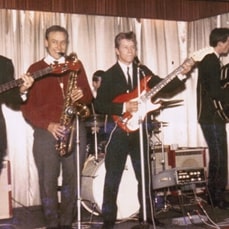
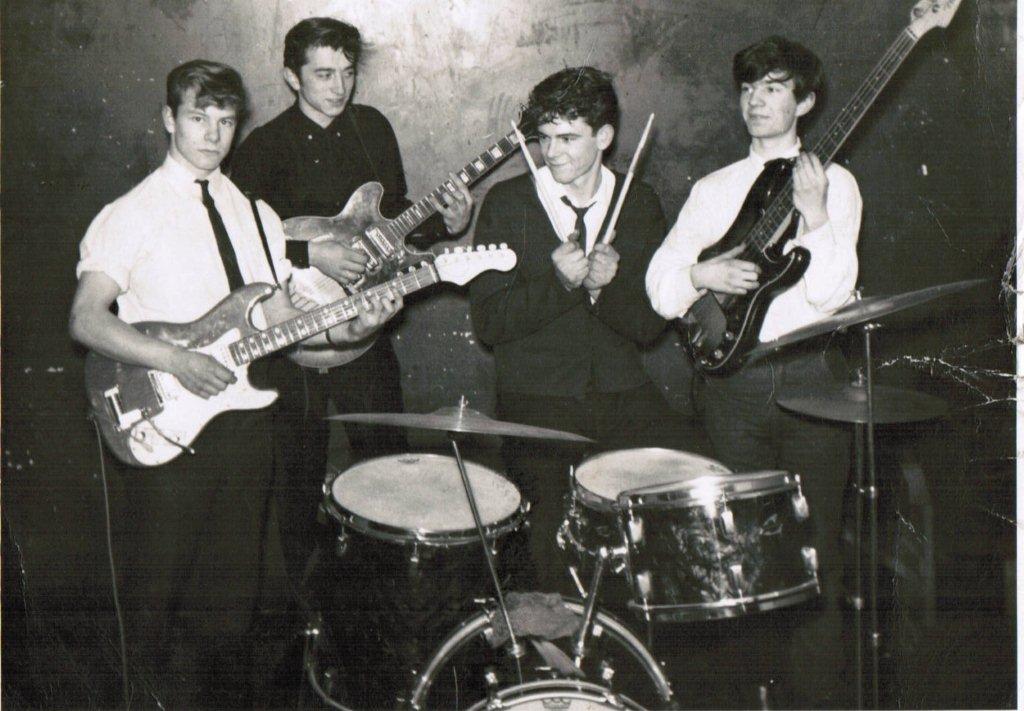
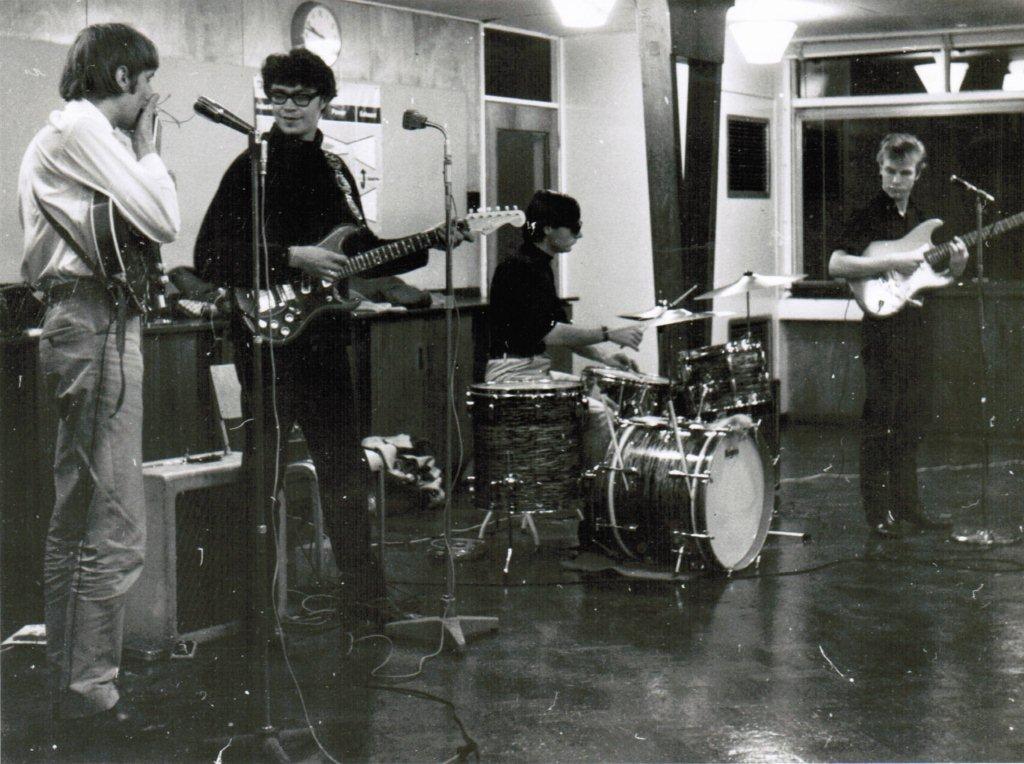
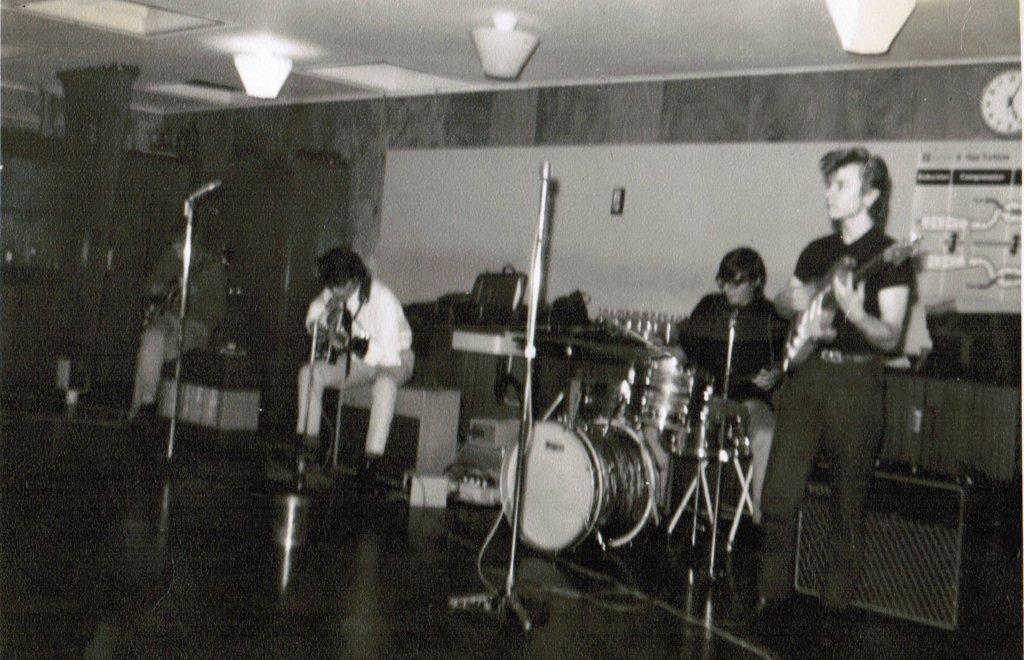
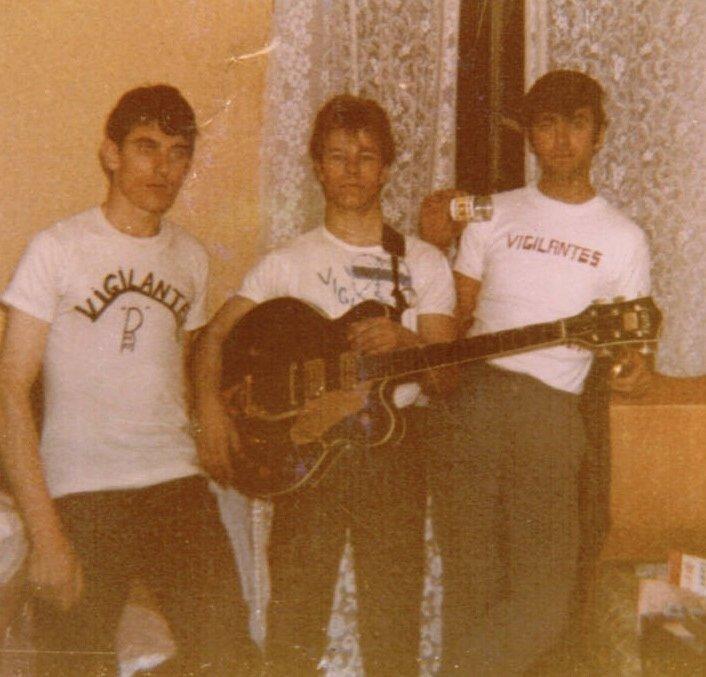
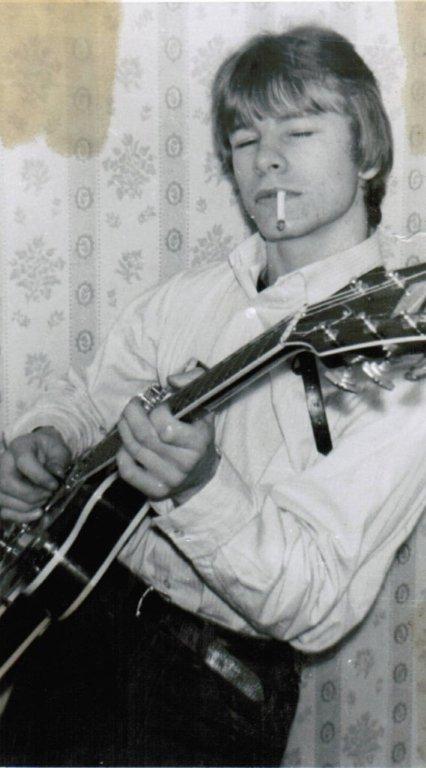
We lived in a basement club and former gambling den called ‘The Butterfly Club’, sometimes not surfacing for several days. When someone suggested a name change for the band, I came up with the name ‘The Foundations’ to go with the Tamla Motown/Soul style of music that we were getting more into. We carried on running the club, until we were eventually forced out by a protection racket gang. We moved into a squalid disused Mini-cab office next door, where we were discovered by Ron Fairway, who introduced us to businessman Barry Class. Seeing the potential of making big bucks from a band which was totally different to all the other bands at that time, (we were all from different races ,unusual for that time),and were playing Soul Music. Class put the band on a retainer whilst Ron Fairway set about trying to secure gigs. All came to nothing until one day he introduced us to A & R man Tony Macauley. He set up a recording session where we laid down some soul/R & B covers. He then said he would like us to try out a song that he and co writer, John McCloud had written, called ‘Baby Now That I’ve Found You’. It was recorded on an 8 track machine at Pye Studios in the summer of 1967, and after a slow start, it started climbing the charts, where it reached No.1 in the UK, and 18 in America. Another couple of records followed. ‘Back On My Feet Again’ and ‘Any Old Time You’re Lonely And Sad’, both became top twenty hits. Our lead singer Clem Curtis then left the band to pursue a solo career, and was replaced by Colin Young. We cut the next record ‘Build Me Up Buttercup’ which was written by Mike D’abo, (frontman for the hugely popular group, ‘Manfred Mann’), and Tony Macauley. Mike Da’bo also played piano on the recording which went to number one all over the world, (except the UK where it reached number two). The next single ‘Bad Bad Old Days’ was also a huge hit. This was followed by some minor chart entries.
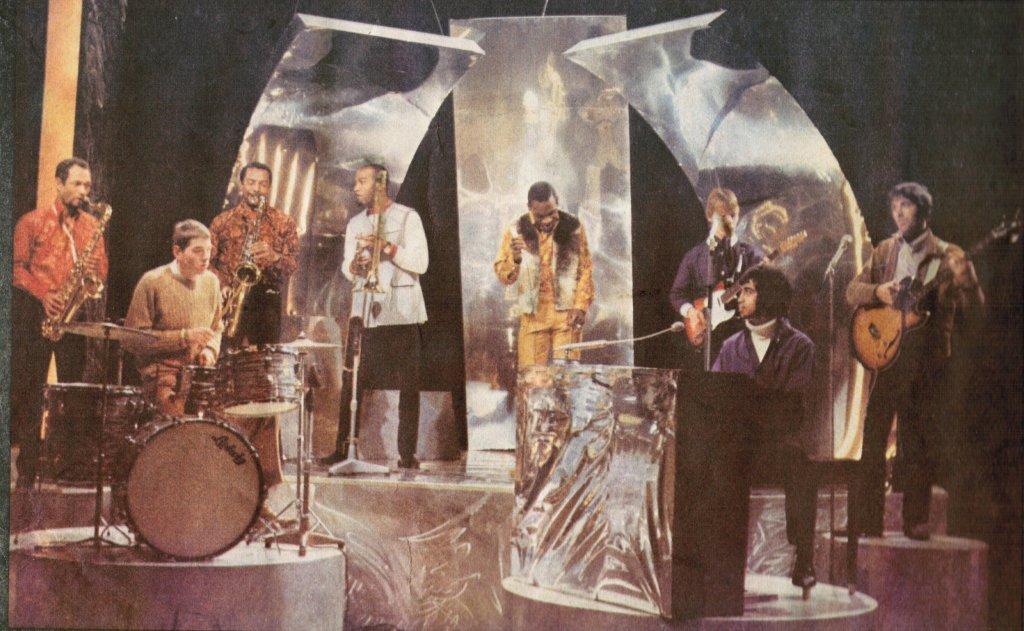
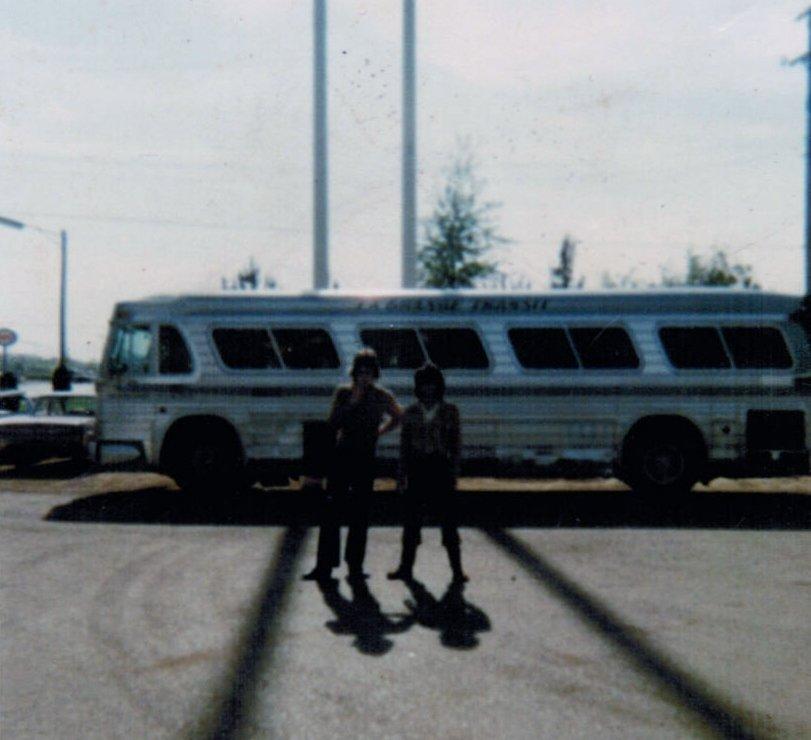
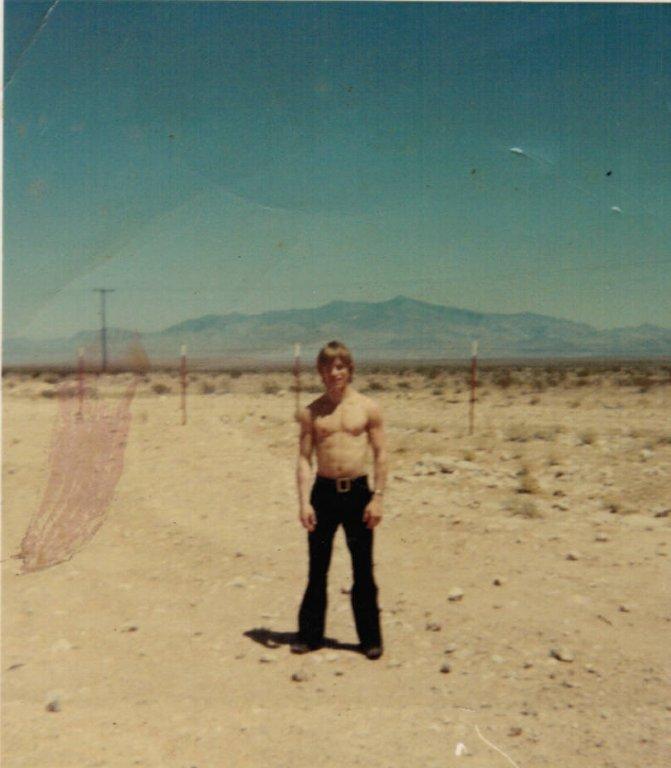
The Foundations toured the world non-stop for 4 years solid without a break of course all our hard earned money was going to our Manager, Accountant and Publishers just like loads of other bands of that time.
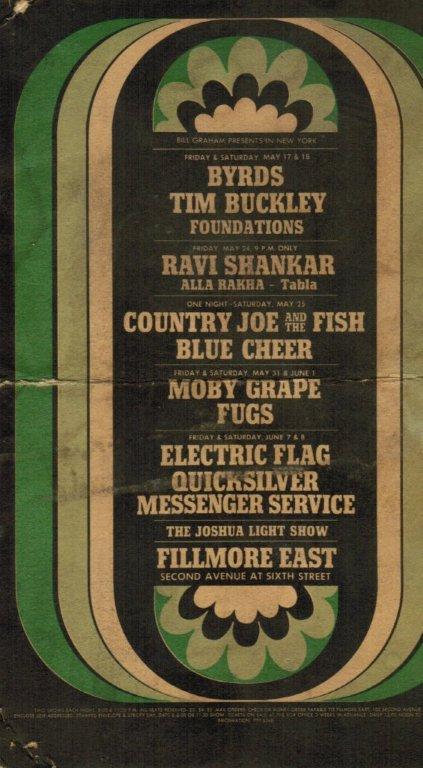
The Foundations Albums:
The first Album, imaginatively titled ‘From The Foundations’ was actually made up of the tracks that we did at the original audition for the record company, plus some new songs. The Album was released before we even had a chance to listen to it. The next Album was a mixture of live and Studio tracks called ‘Rocking The Foundations’. Apparently there was an Album released in the then apartheid South Africa, which had a white cover because of the mixture of black and white members of our band. If that’s true then we had a ‘White Album’ out before The Beatles, haha! However I haven’t seen any evidence of this. I suppose one of our best Albums was ‘Digging The Foundations’ (we’re pictured in prison uniforms with the Arrows and so on). We had great fun making it and we had some of our own songs on it.
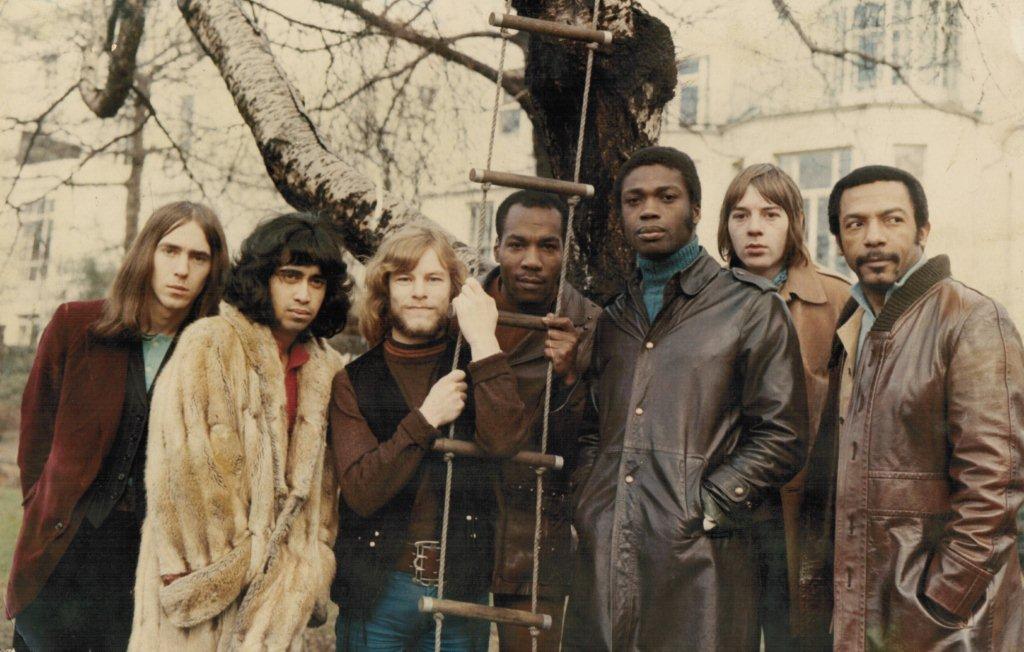
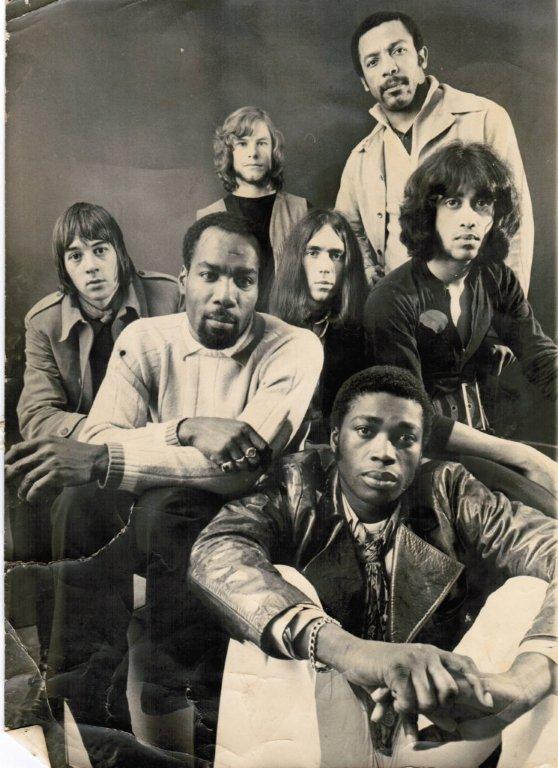
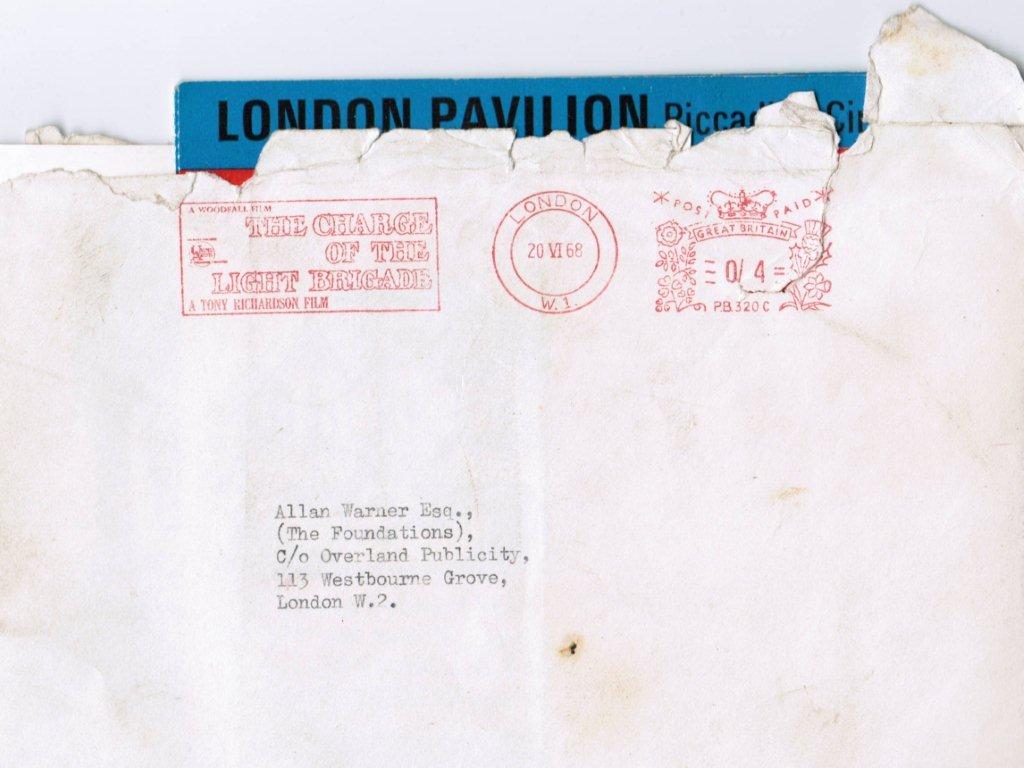
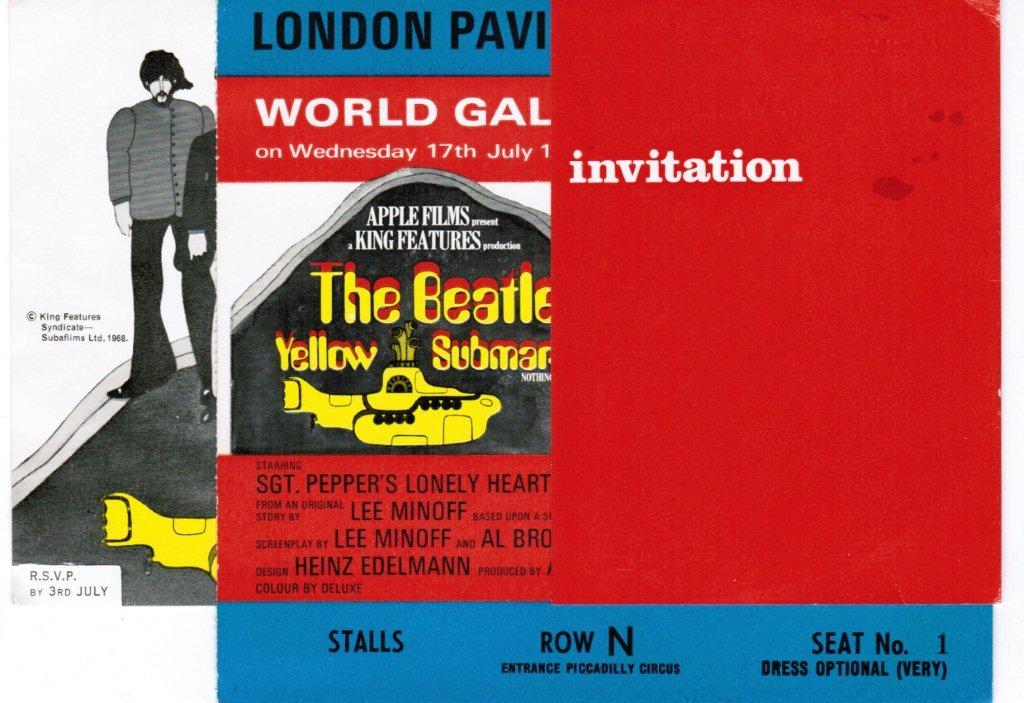
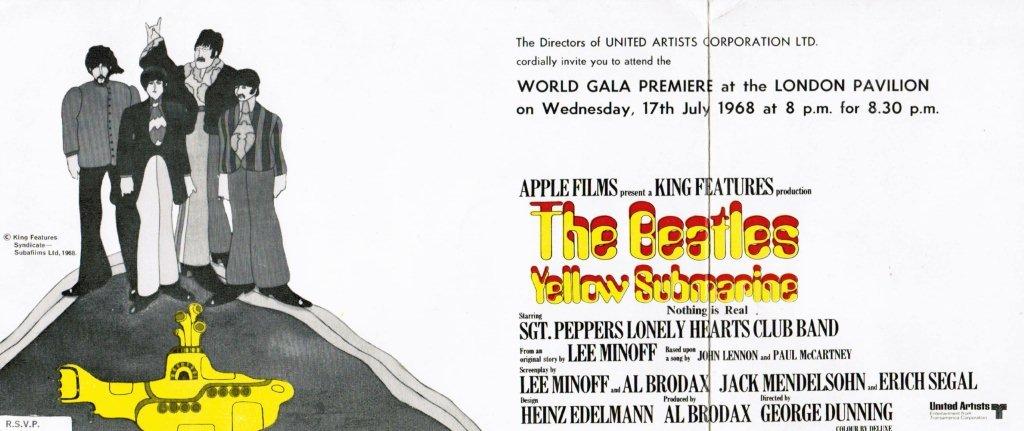
Can you elaborate the formation of Pluto?
Paul: Originally the logo was based on the Disney dog Pluto but the Disney Organisation were not best pleased so someone thought of Pluto…God of War. I saw Alan’s ad in the Melody Maker…seeking a rock band. Mick (bass) answered an ad and Derek (drums) was a friend of Mick Grabham’s (Cochise, Procol Harum) who I knew from the 60’s.
Alan: Although I was still touring with The Foundations, I wanted to move on to new things such as playing other styles of music, which would include more Guitar playing and song writing. I was also still young and felt I wanted to play with a younger band with fresh ideas. When Paul Gardner contacted me with a view to joining his band, I jumped at the chance. The band was already called Pluto but the only problem was that it was named after the Walt Disney cartoon character. All the posters and promo stuff had this character on, which led to Disney threatening to sue us. I suggested that we use Pluto the planet, because as far as I was aware, no-one owned any legal rights to this Planet, and we decided to go with this. The original band members were Myself (Lead Guitar/Vocals), Paul Gardner (Lead Guitar/Vocals), Terry Sullivan (Drums), Terry went on to join Renaissance and was replaced by Warrington lad Derek Jervis, Mick Worth joined us on Bass Guitar.
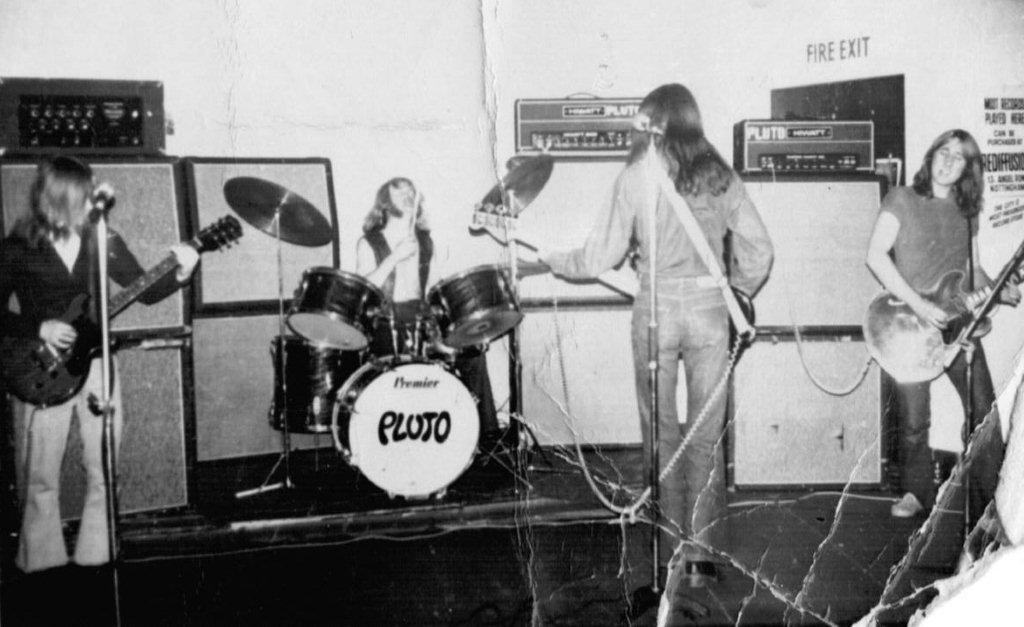
What do you remember from some of the early recording sessions?
Paul: I have always enjoyed recording and nearly everything I have done was usually live, with a guide vocal, then a double tracked overdub. In the mid 60’s I did some session work for Olga, a Swedish co. the Hep Stars were one…pre ABBA. Olga was run by Phil Carson, who managed us for a while before he went off to Atlantic and discovered Led Zep!!!!
Alan: We made some Demos and took them around to various companies and although we did receive a good response, it wasn’t enough to secure a recording contract. As I was already signed with Pye records and they wouldn’t let me go, I thought maybe we could approach their parent company, progressive label Dawn, and they agreed to sign us up.
Your album was released in 1971.
Paul: Dawn was a subsidiary of Pye who released the Foundations. This is where it starts to get messy and continues to this day. We signed a deal for 1 1/2% (one & a half) which continues for eternity and we still can’t get any money from them. We ended up on Universal. Our producer was John McCleoud who produced The Foundations. I believe we sold about 12,000 on the first pressing.
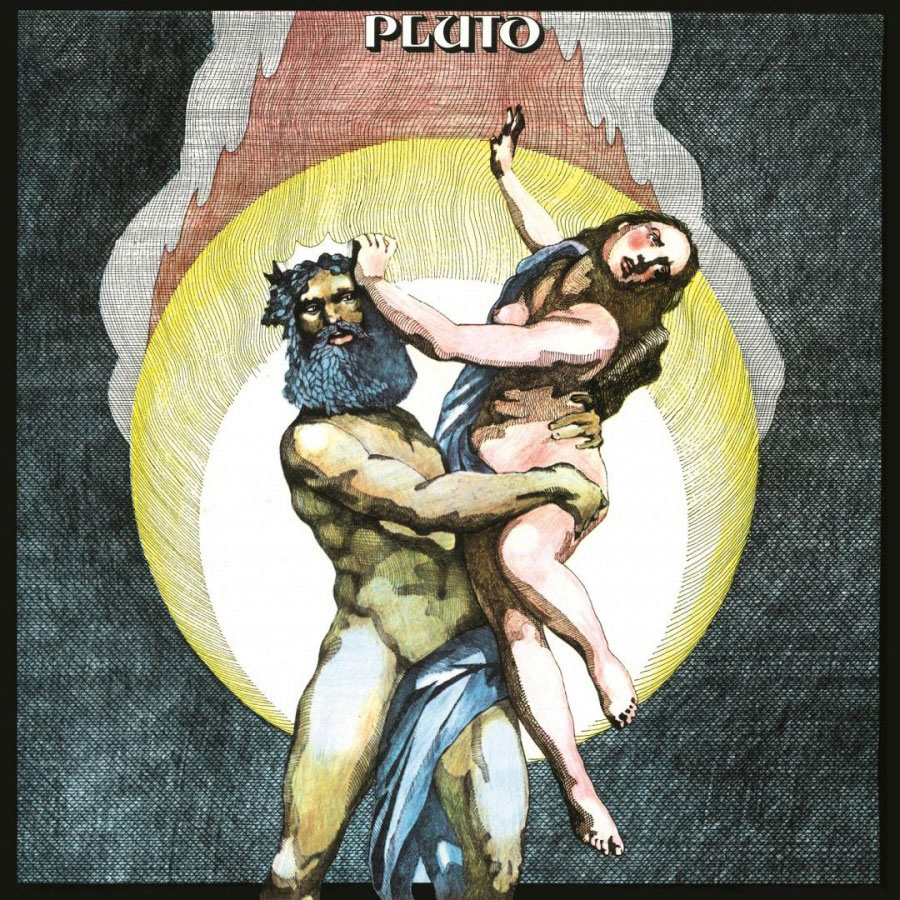
Alan: We weren’t really given enough freedom in the Studio to do what we really wanted, just like a lot of other unknown bands at the time, so it was a bit frustrating for us to say the least. Anyway we completed the album little knowing that it would still be around some 40 years later. I think there was 20,000 copies pressed originally although I may be wrong, it was a long time ago.
Would you share your insight on the albums’ tracks?
Paul: The Pluto songs were written pretty quickly as we had a studio deadline.
‘Crossfire’, a rebuke to faithless love.
‘Down and Out’, the riff came first on this and it is spoken by an escaped prisoner on the run.
‘Stealing my Thunder’, based on a medieval love sonnet.
‘Beauty Queen’, self explanatory.
‘Mister Westwood’, this should be Mister WESTWARD….but was misspelt in the printing process. It is a lost traveller beseeching the wind to guide him home.
‘Bare Lady’, just an excuse to get ‘parachute’ into a song long before Cheryl Cole!!!!!! ‘I Really want It’ was not on the original 1971 Dawn release but added later on the ‘Plus’ re-issue. The less said about Ragabone Joe the better, although I am mellowing to it now after 40 years. Alan and I never sat down and wrote together but would add instrumental touches at the recording and rehearsal stages. The album was recorded at Pye’s Marble Arch Studios and nothing took more than 2 takes as I remember.
Alan: Usually a song idea starts with some kind of Melodic phrase (with or without words), a Riff or Rhythmic pattern. Sometimes it could be from listening to another song which will give me a bit of inspiration. It’s never the same each time.
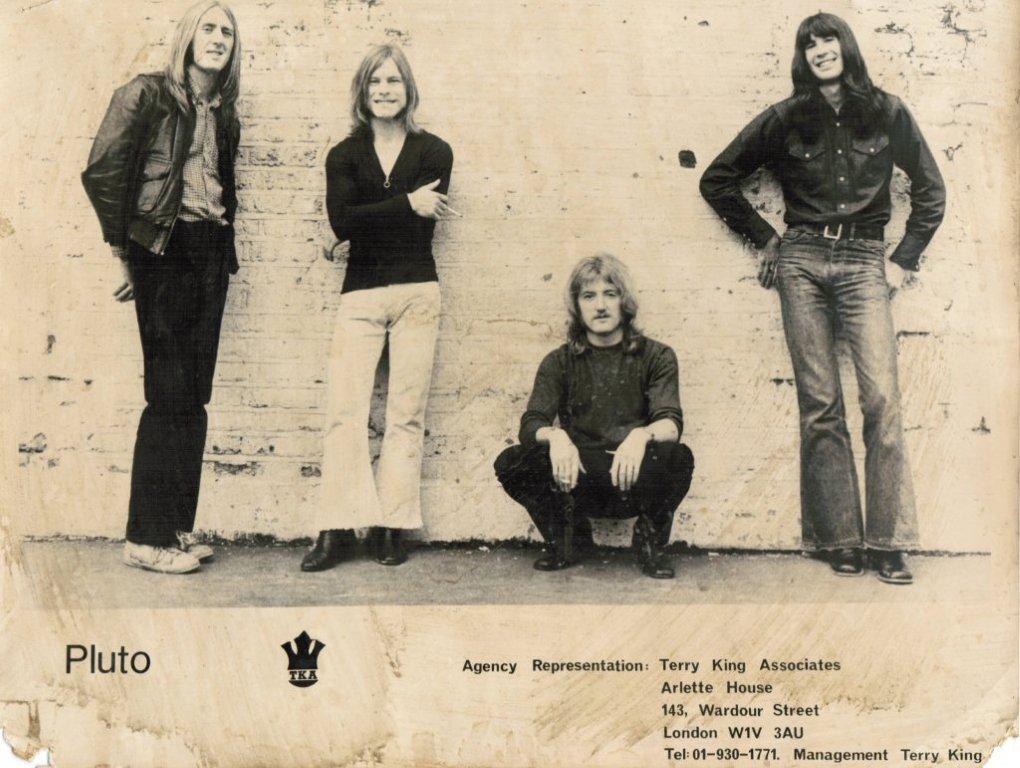
For example when I wrote ‘Road to Glory’, I was really getting into Ritchie Havens with his Rhythmic chord patterns so I tried a similar thing at first. Hence the long Rhythmic chords Intro but without tuning the guitar to a chord like Ritchie. This of course didn’t quite produce the same sound, but initially the inspiration was there.
‘She’s Innocent’ was a totally different approach where I started simply strumming the D Major to Asus4 to A Major chords, and wrote some words about a young woman who is wrongly imprisoned for something she didn’t do. (Not really about anyone in particular). The Melody seemed to come really easily for this and I added some power chords to the end of each verse to help the song build. I could have done the same with the Choruses but I felt this would be a bit too predictable and also I wanted highs and lows throughout. Then I added power chords for the last Choruses. The aim was to keep it simple but effective.
The title of my next song ‘And My Old Rocking Horse’ just sounded like a good title at the time and I just came up with ideas to go along with that. As with ‘Road to Glory’ I decided to have a long intro again with a rhythmic chord structure.
‘Something That You Loved’ which they decided to put on our ‘Pluto Plus’ album, just happened out of the blue. I liked the sound of the opening chords, Bm to G to A, then the G to A to D chords under the melody, and again I just went for something completely different to the more rockier sounding tracks. I simply went for the sweet melody approach. Not so much for the rockers but there again, I’ve never really conformed to a formula. This came out as how I felt at the time.
How about the cover artwork?
Paul: ROC Advertising.
Alan: The Album Design and Artwork was by ROC. I seem to remember someone at the time implying that the Strong God-like figure holding the naked lady, was based on one of our Venue Bookers, and when we thought about it, he did have a strong resemblance. I wish I could remember his name now.
“Most of the stories are unprintable!”
What can you tell us about gigging?
Paul: There were not many festivals in those days…Plumpton, Reading, Isle of Wight. Did Plumpton in ’69 with Dry Ice with the Who and Pink Floyd. Most of the stories are unprintable!!!!! We were with the Terry King Agency who also managed Genesis so we did quite a few concerts with them and Caravan…mainly colleges and Universities in those days.
Alan: A very strange thing happened on the way to a gig one night. We were going along this road and it was getting foggier and foggier. Mick Worth our Bass player, was driving, and someone offered him a spliff, thinking as usual he’ll turn it down as he was a non-smoker. However, this time he took a few puffs, and we crawled along for a while longer before it hit him. He decided he had to get out, and proceeded to walk along the road in front of us. Of course we were all high and laughing as Mick disappeared into the Fog. A few minutes later one of us took the wheel and carried on driving, thinking we would see him again soon. The time passed by and still no sign of him. We were starting to get worried and decided after a while that it might be best if we carried on to the Venue where maybe we would contact the police or something. (Remember we didn’t have mobile phones back then). We eventually got to the Venue very late, and the promoter, although not happy, was sympathetic, and said to us look, you go on and I’ll contact the Police, that way at least the audience will see that you’ve made an effort. This seemed to make sense, especially if we explained to them what had happened. We got on stage and were just about to make the announcement, when we all looked over, and suddenly Mick was there. All set up, plugged in and ready to go, as if nothing had happened. We did the best performance ever that night. The crowd went wild shouting for more at the end of the show. We questioned Mick about what happened and he simply said, I don’t know. To this day no-one knows what happened that night. Neither Mick nor any of us can explain it. It was almost like a strange encounter, particularly as we all played exceptionally well, better than we’ve ever played before.
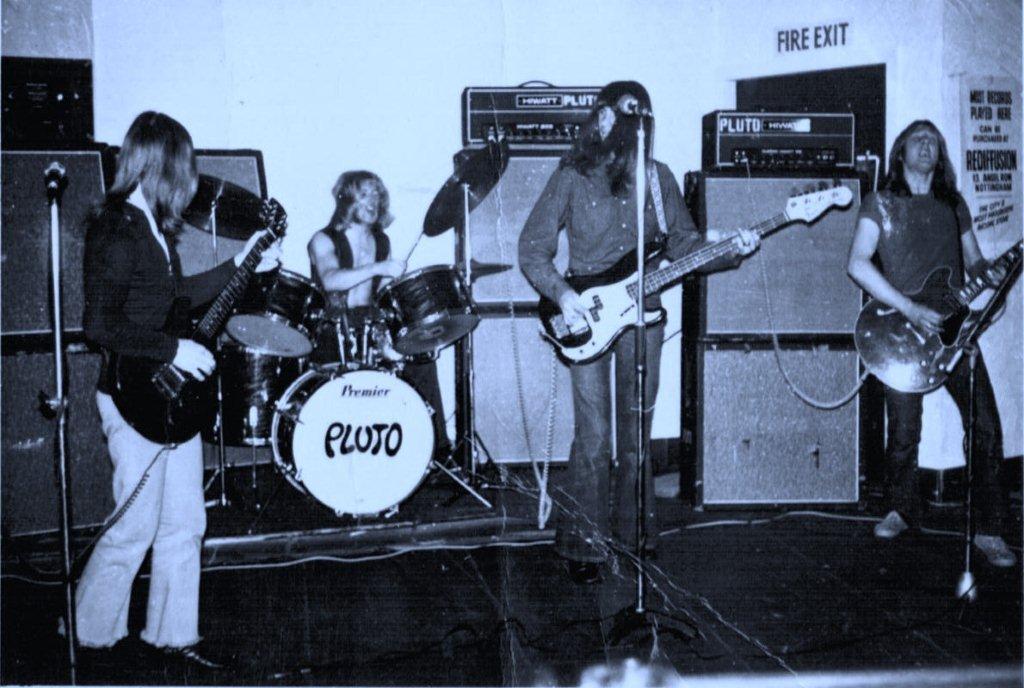
Another time was meeting up with Rod Stewart when he turned up at the gig. We were playing the Marquee Club supporting Lindisfarne. We had a good laugh and joke about old times. Pluto went down really well even though it wasn’t our normal kind of audience.
It was really great seeing the Thin Lizzy guys Phil Lynott and Ian Downey again when we shared a gig up North somewhere. I introduced them to the boys. The gig went great and we spent the rest of the night and early hours of the morning chatting about old times and getting sloshed.
The festivals we did with Fairport Convention were great, in fact I recently recorded a Simon Nicol tune ‘End Of a Holiday’ which I put it on YouTube.
What happened next?
Paul: When Pluto finished Mick the bass player and me formed a synth/bass and guitar duo and toured with Hawkwind, courtesy of Doug Smith , their manager who had also managed Trees.
Alan: It was very difficult for me at the time because although I felt passionate about Pluto, and had a lot of aspirations as to what I felt we could eventually achieve, I was under a lot of pressure to pay bills etc. I had just somehow managed to secure a Mortgage and the Management/Publishers etc. from my Foundations era, were still ripping us off and on top of that I received a huge tax bill for earnings I wasn’t getting. I was selling Guitars and equipment to try to keep going but the last straw came when the Miners went on strike, as a result of picketing the power stations which forced Power cuts all over England and Wales. We would arrive at a Venue only to be told, ‘sorry but the gig’s off’. The band just couldn’t cope and we just simply broke up and went our separate ways. However a few years later, we reformed with our original drummer Terry Sullivan, now with Renaissance, and Tony Dangerfield, Screaming Lord Sutch’s bass player.
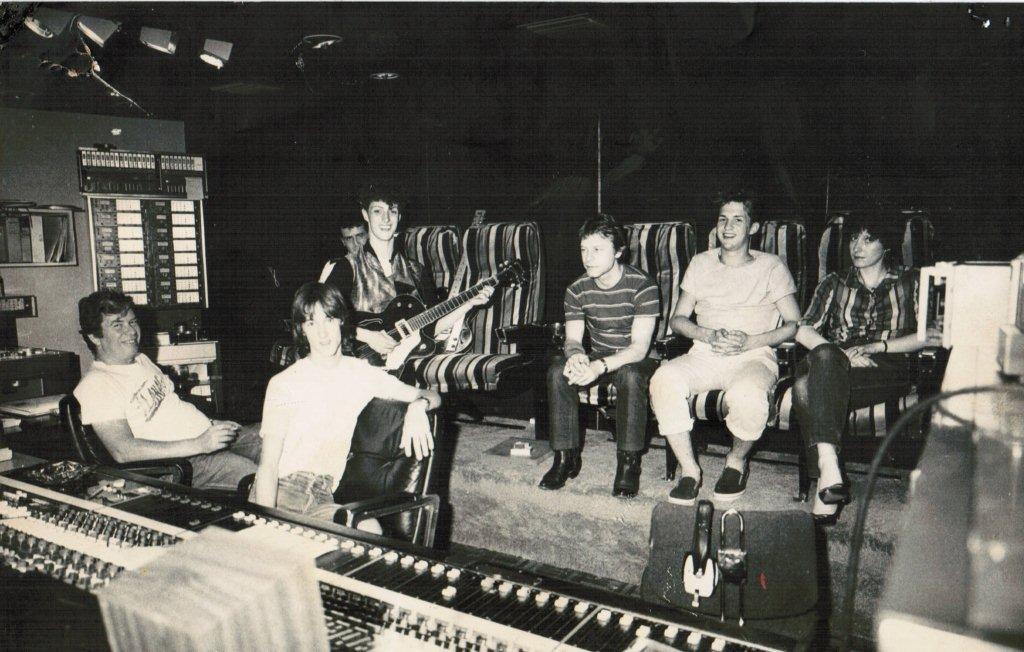
Rockabilly band The Polecats asked me to do a bit of touring and recording with them, they recorded their first single Rockabilly Guy at my Studio ‘Lane Studio’. Here I am in the stripy T shirt on a recording session at Marcus Music Studios.
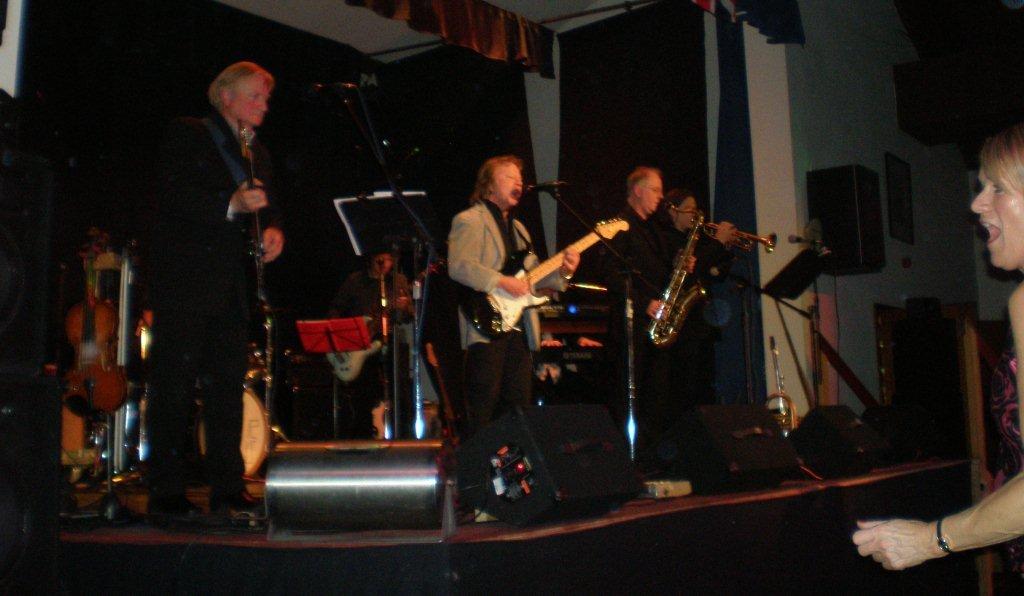
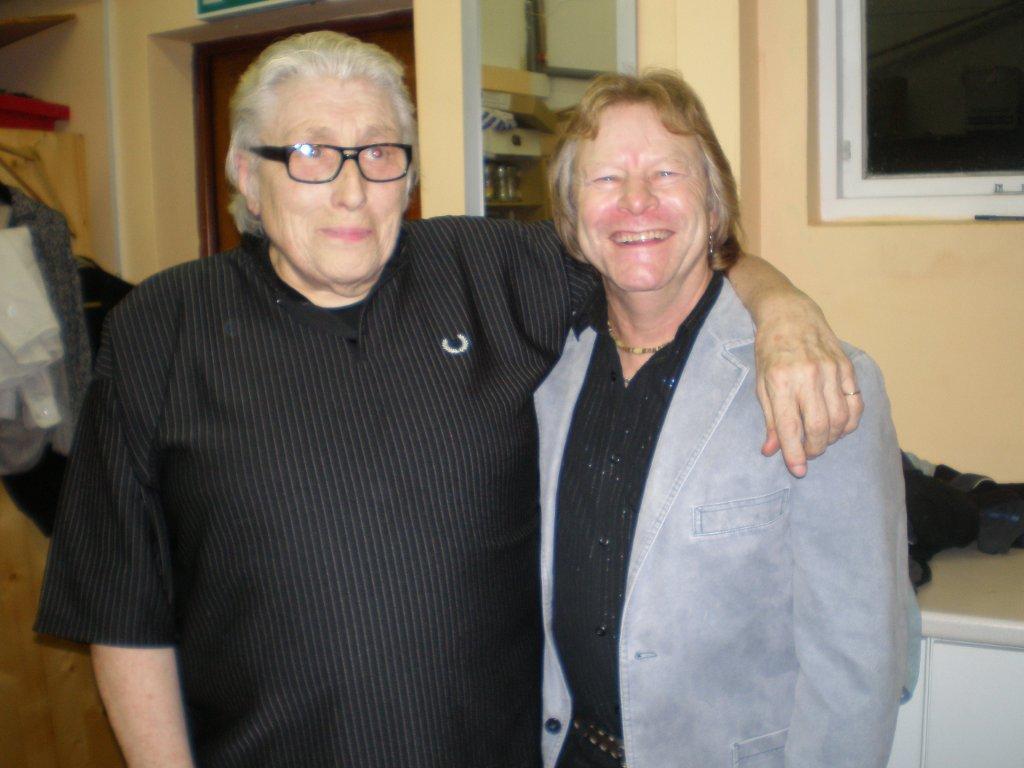
What currently occupies your life?
Paul: I am retired and live by the sea in Cornwall with my wife and 3 dogs. I released an indie CD in 2006…acoustic bluesy duo called ‘Two Dogs And Monkey‘.
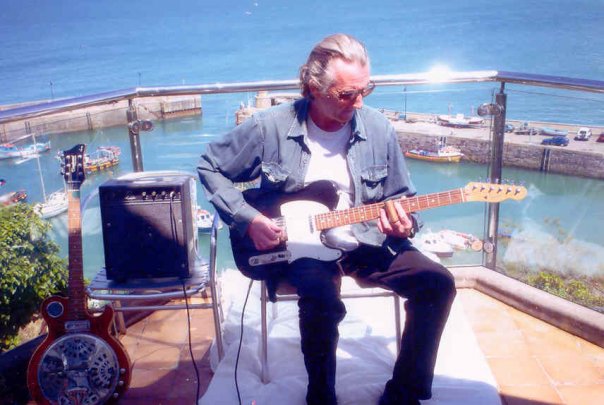
Alan: As well as playing with different bands, I am at last working on my own band ‘The Alan Warner Band.’ We have done several successful low profile gigs, and we are looking forward to moving on to the next stage. I am constantly working on different Guitar orientated musical ideas, as well as experimenting with the Boss Loop station. I am trying to take the Loop idea a stage further than what everyone else is doing, with this and other Looper units. Watch this space.
How about future plans?
Paul: I still dream of a hit record and an American tour.
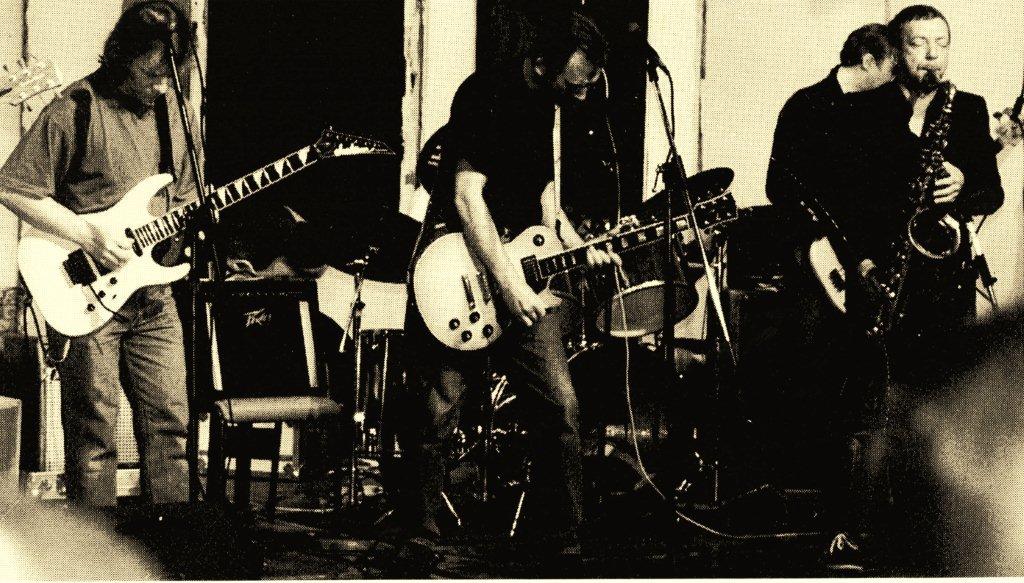
Alan: I am also working on Guitar tuition ideas now that Music sales have reissued some of my out of print books and CD’s. I also want to get back into the Studio soon with new songs and so on. I seem to be more busy these days than I ever was, and I still feel excited about every musical project that I take on. I have another show coming up with Chris Farlowe and there’s loads of stuff planned for next year so, no chance of leading the quiet life just yet.
– Klemen Breznikar
Pluto Official Website



